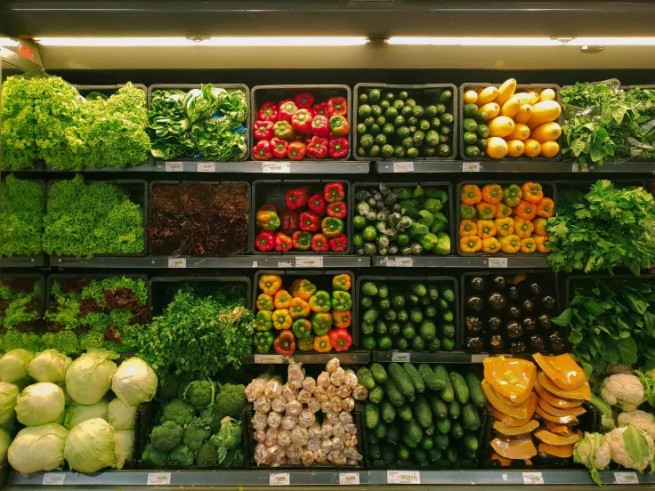The report of the Governor of the Bank of Greece, Yannis Sturnaras, on the development of Greek tourism in 2023 is moderately optimistic.
The recovery in the tourism sector is expected to continue, but at a slower pace due to inflationary pressures, sluggish economic growth and the ongoing Russian-Ukrainian war, the report notes. There is a shift in traveler preferences towards cheaper destinations and closer to where they live.
As travel demand returns to pre-pandemic levels, the challenges in the sector are huge, experts at the Bank of Greece say, citing a report from the European Tourism Commission (2022), which says that declining consumer disposable income is now a major concern for both Europeans and travelers from more distant countries of origin. In addition, improving the sustainability and competitiveness of tourism through innovative and more sustainable approaches for the benefit of society and the planet is an urgent need, taking into account environmental issues, as well as risks in areas burdened by excessive tourism.
The current image of tourism “against the background of inflation” is reflected in an interesting way. According to its analysis by the Bank of Greece, travel revenue in nominal terms increased by 68.3% in 2022 compared to 2021, reaching 97.2% of the corresponding revenue level in 2019.
The consumer price index in 2022 was 48.9% compared to 2021, and the recovery rate at comparable prices was 90.2%. In 2022, non-resident arrivals recorded an increase of 89.3% compared to 2021 (88.8% recovery rate).
In relation to competing countries Greece remained in fourth place in terms of the number of arrivals (after Spain, Italy and Turkey)increasing its share of traveler arrivals relative to competing countries (Spain and Italy).
According to the available data for 2022, the smallest decline compared to 2019, and therefore the strongest return to those levels, was recorded in Turkey and Serbia (-2% and -6%, respectively, in the eleventh month). While Türkiye remains a popular destination, Serbia is open for visa-free travel from Russia. The influx of Russians holidaying in Serbia in 2022 could be used as an excuse, as many likely left Russia due to the war in Ukraine and its impact on their lives. Portugal is also showing a rapid recovery in tourism (-7% in eleven months), followed by Croatia and Greece (-11% in all of 2022).
In 2022, the Greek hospitality industry has demonstrated a satisfactory expansion of its capabilities compared to pre-pandemic levels. In particular, 10,133 hotel properties operated in Greece in 2022 compared to 9,971 in 2019, which means an increase of 2%. The number of rooms in 2022 was 444,597 versus 433,689 in 2019 (up 3%), and the number of hotel beds was respectively 886,861 in 2022 versus 856,347 in 2019 (up 4%). Between 2019 and 2022 hotel capacity increased both in terms of the number of rooms (44 in 2022 from 43 in 2019) and the number of hotel beds (88 in 2022 from 86 in 2019).
Wherein a qualitative upgrade of the country’s hotel potential from 2019 to the present day is a constant. This is especially important, because, mainly due to the 5-star hotel complexes offering high-level services, our country is well known abroad, and incomes are also relatively high.
5-star hotels accounted for 7% of all hotels in 2022, up from 6% in 2019. In total, 5-, 4- and 3-star hotels accounted for 54% of all hotels in 2022, compared to 50% in 2019. In general, by regions of the country for the period 2019-22. there has been a significant renewal of the hotel potential. The largest increase in 5-star hotel beds has occurred in the regions of Western Macedonia and Epirus, with the modernization of existing hotel units, as well as in the region of Attica, surpassing the regions of Crete and the South Aegean.







More Stories
The e-katanalotis platform is up and running. How to use it
Eurostat: inflation in Greece and the eurozone
Night tariff for electricity from May 1